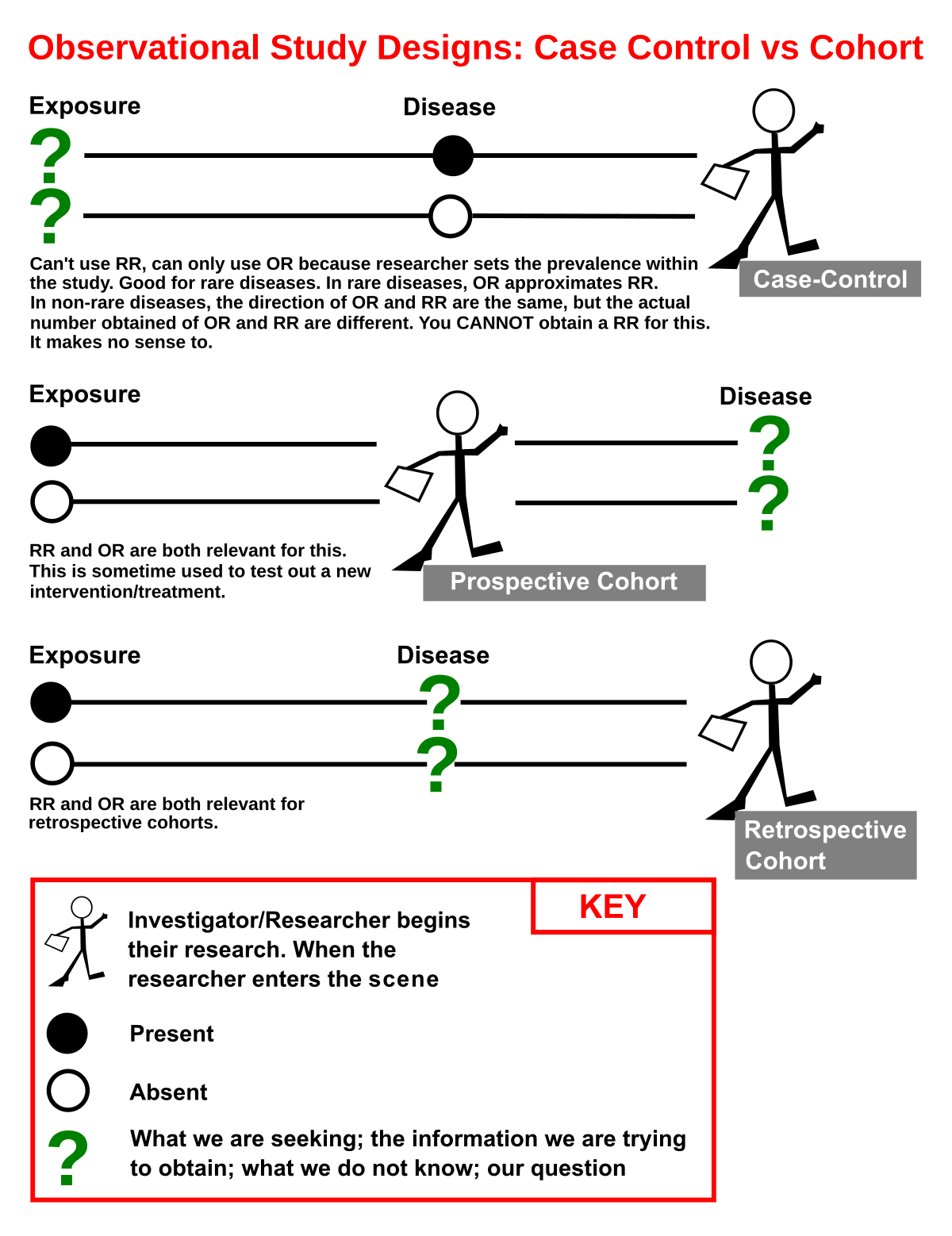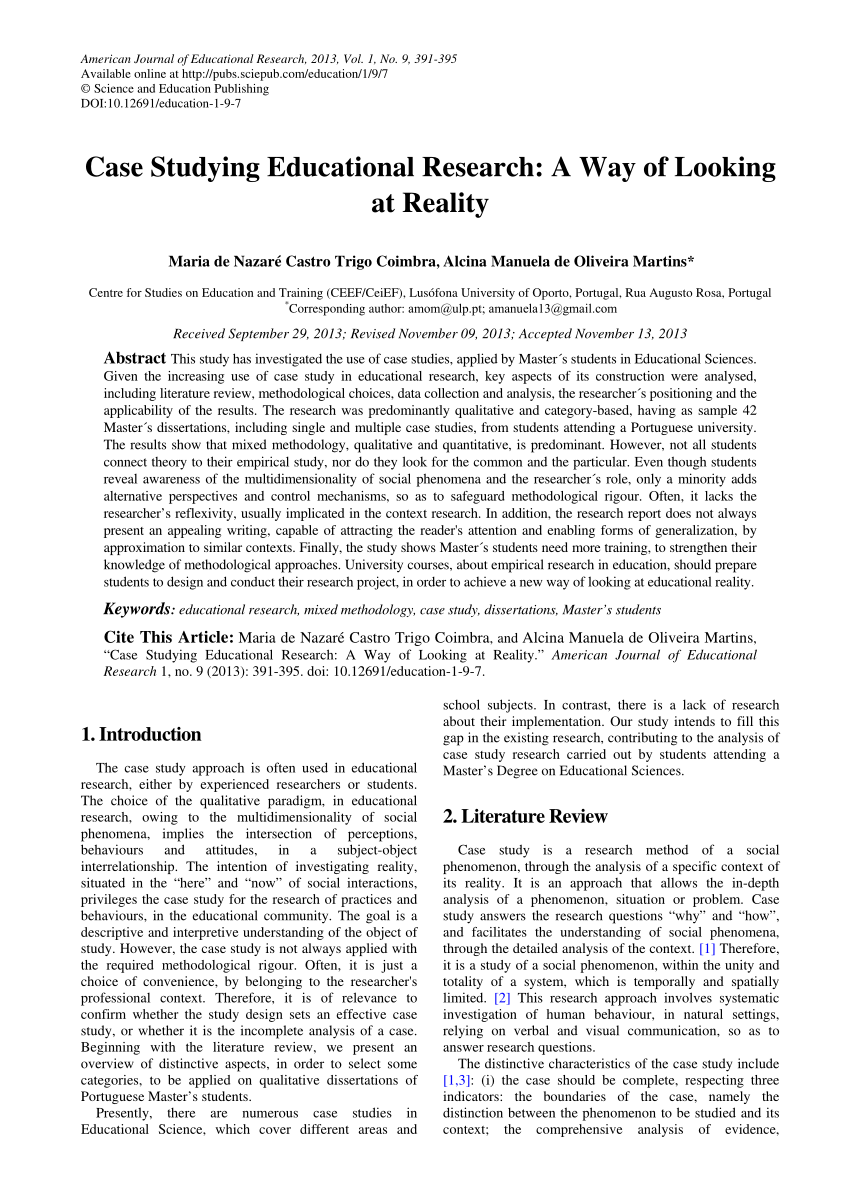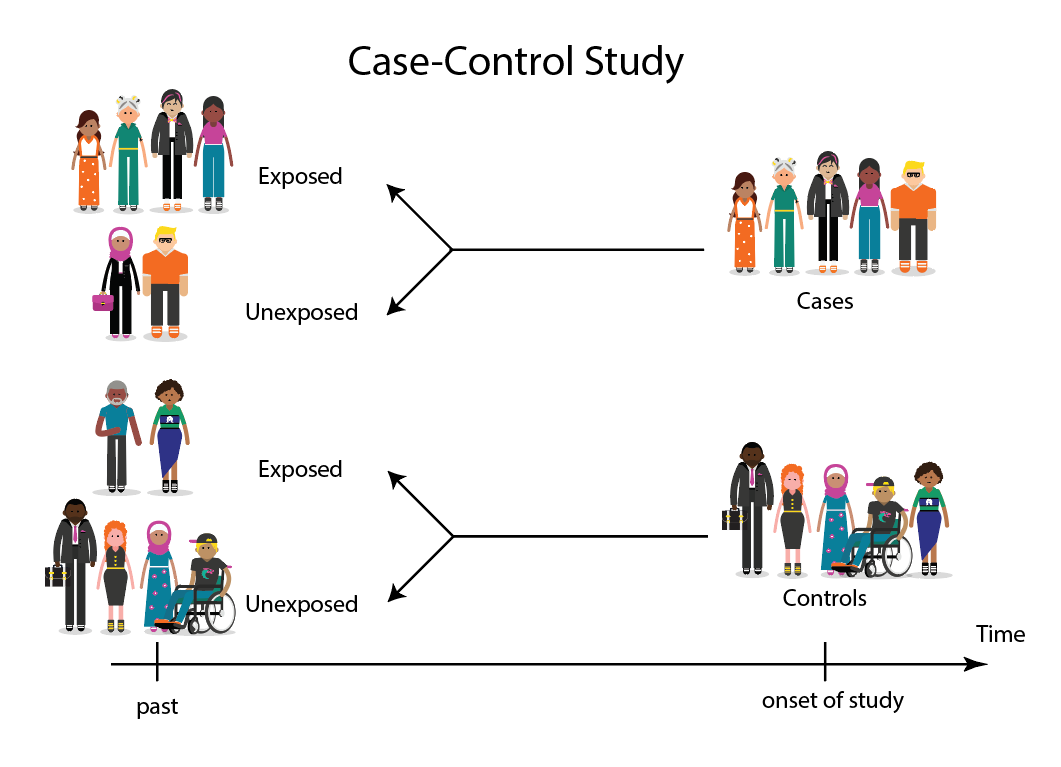What is a case control study? It’s a form of research that compares the effects of a particular treatment against those of a matched control group. The case-control method is particularly useful for studying rare diseases or conditions, as the controls do not necessarily represent the general population. This study method is also useful because it does not require a large group of participants and may be suitable for highly motivated individuals who have a strong health motivation.
Case-control studies
Case-control studies are a powerful way to study the causes of various diseases. Researchers can interview many people at once and explore many different exposures to get a clearer picture of what causes certain conditions. For example, researchers could interview everyone who got sick at a dinner party and those who didn’t get sick. Because the researchers do not need to recruit large numbers of people, case-control studies are an effective way to investigate the cause of E. coli outbreaks. However, case-control studies have some drawbacks.
Nested case-control studies
A nested case-control study is a variation on a traditional case-control study, in which the cases and controls are drawn from the same population in a cohort that is fully enumerated. This method is often used to determine the causal relationships between different variables, such as the prevalence of a certain disease or trait. In this type of study, the population is fully enumerated, so that the study can be as statistically robust as possible.
Retrospective case-control studies
Retrospective case-control studies are a type of epidemiological study where the investigator determines a particular outcome and then goes back in time to investigate the exposures that caused the outcome. In case-control studies, the investigator knows what the outcome is of each subject when they enroll in the study and uses previous data to infer that a particular exposure is responsible for the outcome. The disadvantage of this type of study is that it is difficult to compare the effects of a different treatment on the outcome of a specific condition.
Cost-effectiveness of case-control studies
There are several challenges associated with the cost-effectiveness of case-control studies. For example, the comparison of treatments based on a randomised trial may not be very useful in determining the true cost of a particular treatment. It may also be biased and not generalizable, so it is vital to include a control group in a cost-effectiveness study. Additionally, the control group should be appropriate, as it should represent the current standard of care.
Selection bias in case-control studies
The problem of selection bias in case-control studies can be dealt with in different ways. One way is to select controls that are representative of the population whose health will be studied. Another way is to select two or more control groups to minimize the selection bias. Here are some examples:






